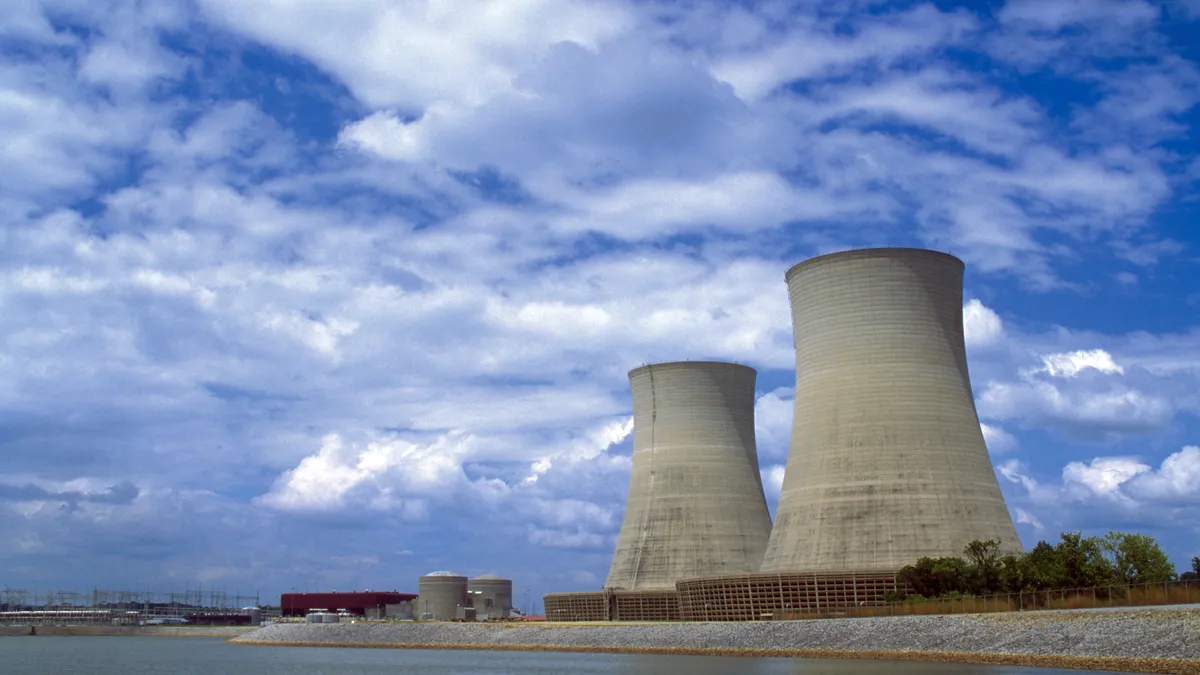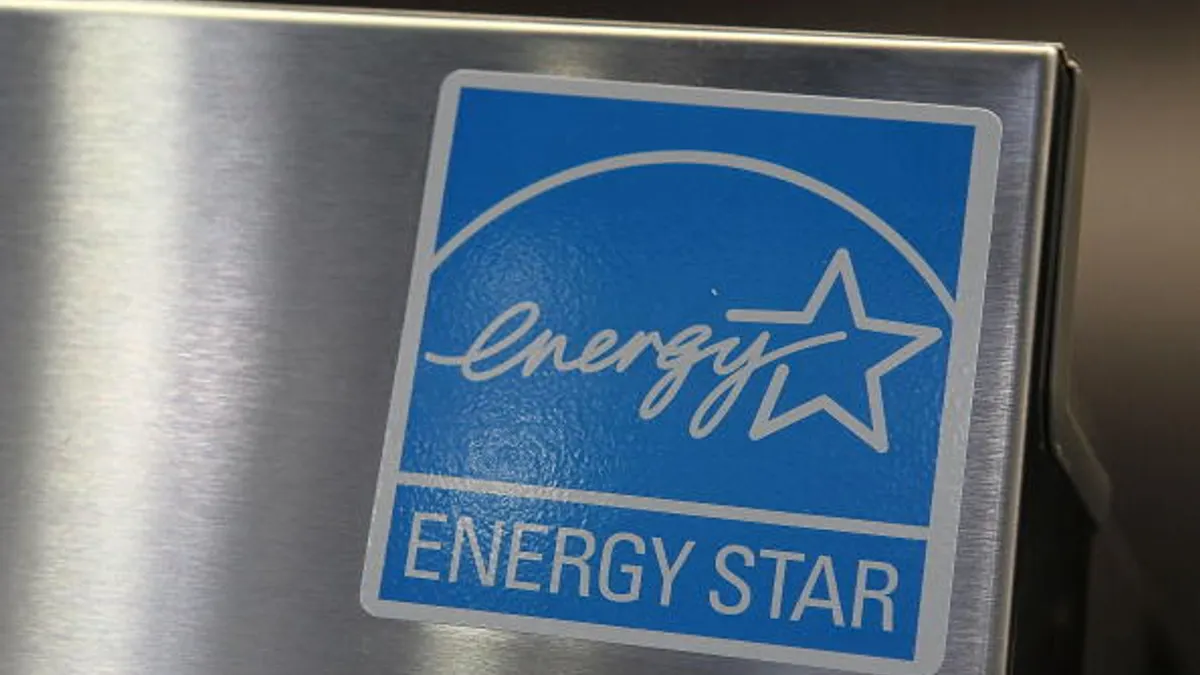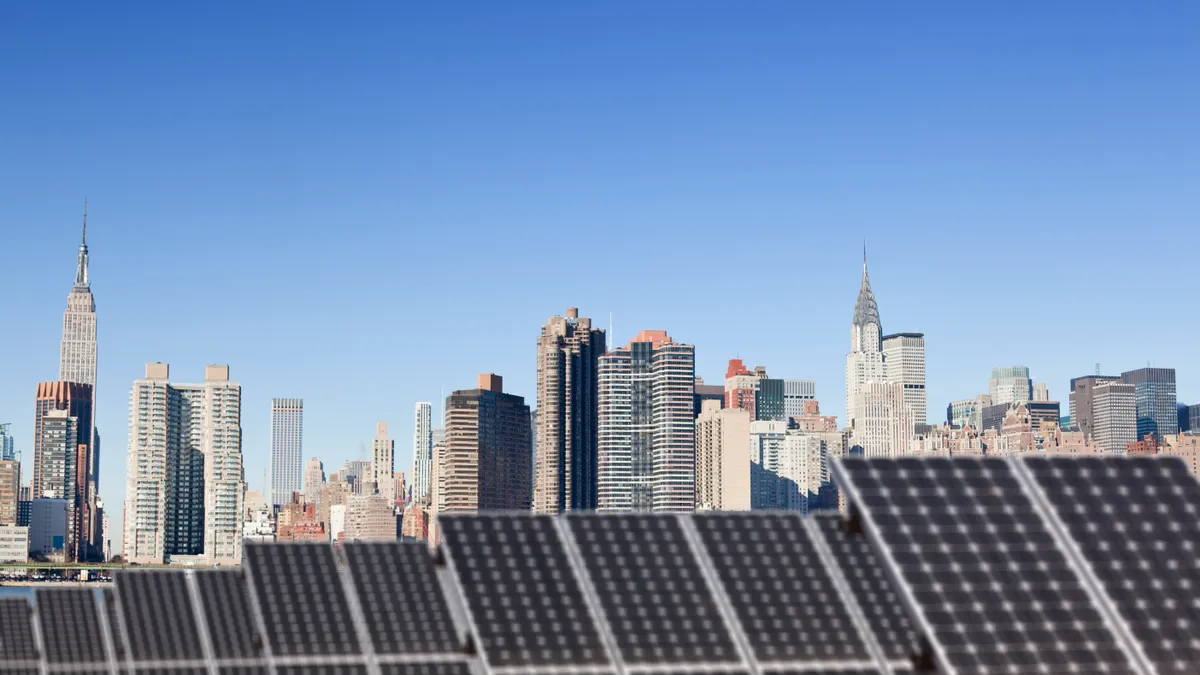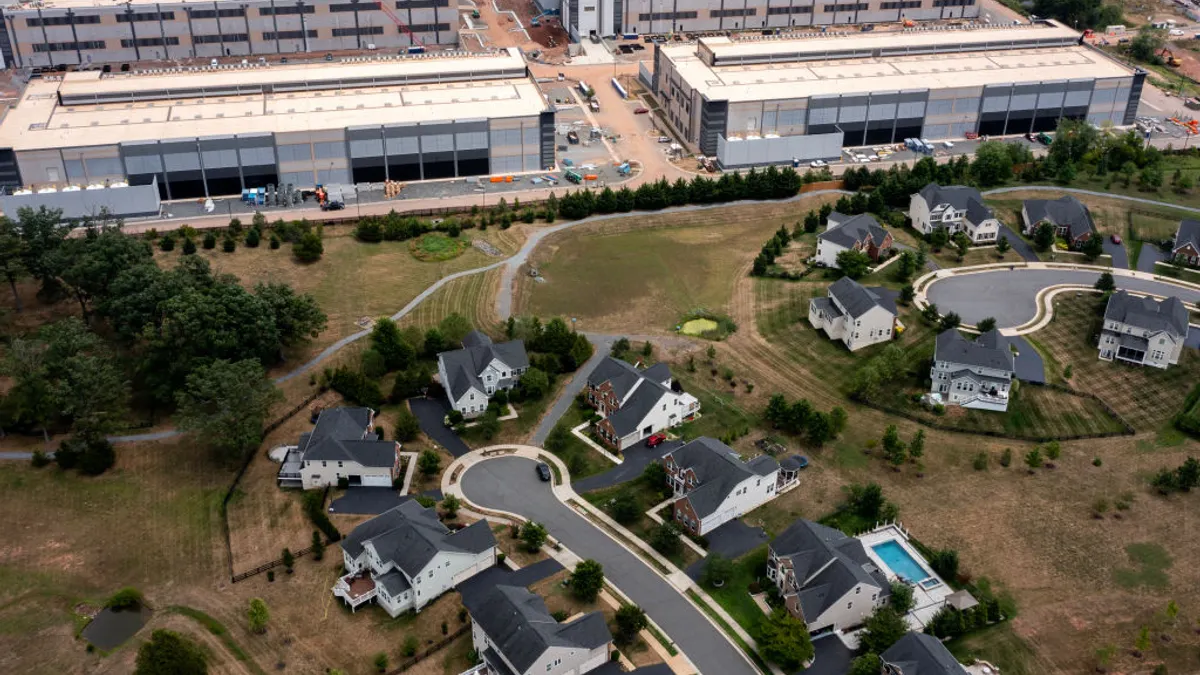Patty Durand is president and founder of Cool Planet Solutions.
On May 31, Secretary of Energy Jennifer Granholm flew to Georgia to attend a ribbon cutting ceremony for Plant Vogtle, the first set of nuclear reactors built in the U.S. in nearly 30 years. How a state that is supposed to regulate a monopoly utility in the public interest would allow Georgia Power to build a $36 billion nuclear facility that is 10 times more expensive than equivalent generation, go $20 billion over budget, and then celebrate that as an achievement is something I do not understand. The financial consequences for Georgia ratepayers are enormous, and now that bills have arrived, people are expressing pain and outrage by the thousands on social media.
One of the claims made during the ceremony was that Plant Vogtle is the largest clean energy generating facility in the country. That implies we value clean energy, yet the very same month that Plant Vogtle was completed, April 2024, the Georgia Public Service Commission approved Georgia Power’s request to build three new gas plants and continue two coal plants to meet projected data center energy needs. Georgia is not the only state where incumbent utilities are seeking to expand or continue fossil fuel use to address data center load growth, but it is the first to grant such approval.
This approval was granted despite intense public pushback from many people opposed to expanding fossil fuels due to climate change, including opposition from prospective Georgia Power customers. Microsoft protested during PSC hearings that expanding gas to supply its data center energy needs does not meet its carbon-free-emissions pledge, that projected demand for data center customers was too aggressive, and that more affordable clean energy solutions like solar and storage were available even if data center demand materialized.
Even stronger opposition came from the U.S. Department of Defense, whose attorney protested that its actual request for clean energy was not represented in Georgia Power’s plan but hypothetical customers without clean energy goals were. Yet commissioners still sided with Georgia Power and voted to expand fossil fuels in far greater amounts than Plant Vogtle added to the grid.
So, what is really going on here? Several things: a broken compensation system for U.S. monopoly utilities, state commissions that accommodate powerful corporate utilities, and data centers with new electricity load providing an outlet for utilities looking for new capital investments.
The most serious issue is that in Georgia, similar to most states, the utility is guaranteed compensation for building new generation. The reverse is not true: utilities are not compensated for avoiding expensive investments, or better utilizing grid capacity or incorporating clean energy. Therefore, Georgia Power and other monopoly utilities are acting according to the financial incentives their state sets for them.
This urgently needs to change: not only was 2023 the hottest year in recorded history, each of the first six months of 2024 broke records for high temperatures. June’s temperatures were so far above expected highs that many climate scientists, posting urgent messages on social media, do not understand why the public is silent. “Gobsmackingly bananas,” is how one climate scientist characterized what he is seeing in terms of an accelerating warming planet.
Our utility regulatory environment is tilted in favor of incumbent utilities’ financial interests. As a result, the clean energy transition is burdened with some utilities pursuing expensive gas, coal and nuclear while not focusing enough on grid-enhancing technologies or renewables and storage.
In addition, utilities deliver stunning load growth estimates for AI and data centers with too little skepticism that those estimates line up with their financial interests and little to no analysis of past utility failures to accurately estimate load growth.
On April 16, the state of Georgia authorized Georgia Power to add about 4,400 MW of fossil-based generation in response to claims that data center growth needs were urgent. Other states are poised to follow.
Let’s look at some history to see why we should be skeptical of urgent data center needs: according to Alternative ratemaking in the US: A prerequisite for grid modernization or an unwarranted shift of risk to customers?, published in the November 2022 issue of Electricity Journal, over the past decade, despite falling demand, regulators have approved a 35% increase in grid investments under claims of needing to modernize. These investments have little to show for in terms of improved reliability, a better customer experience or increasing load factor. The reality is that utilities must submit strong earnings growth projections to Wall Street to avoid stock valuation downgrades and shareholder lawsuits, and they must find ways to meet that growth.
These are serious issues: Electricity is an essential service. Summers are becoming brutally hot with more people at risk of heat death resulting from disconnections due to higher electricity bills that result from heavy utility investments regardless of demand.
Instead of a drumbeat of increasing investments to meet shareholder expectations, a better regulatory framework is needed. The most promising one is performance based regulation, or PBR, which is designed to incentivize utilities to achieve specific performance outcomes, such as improved service quality, maintaining or lowering costs and support for state decarbonization goals, while allowing them to recover reasonable costs. According to MIT’s Center for Energy and Environmental Policy Research paper, The Expansion of Incentive (Performance Based) Regulation of Electricity Distribution and Transmission in the United States, some of the ways that PBR compensates utilities include dynamic price caps, profit-sharing, performance benchmarking and quality incentives.
It is possible that real growth is coming for the electricity sector from data centers, from electric vehicles and from electrification. But that growth can be met without expanding fossil fuels, and the energy transition must be affordable for ratepayers. Those objectives cannot be met with the current utility compensation model. Finally, a real examination and accountability for false utility load growth projections must take place.
If we do not quickly change the regulatory framework for how utilities are compensated, the U.S. will not meet its 2030 carbon emissions reductions goals despite the success of the Inflation Reduction Act. We are already off track. To reach those goals, U.S. CO2 emissions would have to decline at a rate more than triple the 2023 figure and be sustained at that level every year until 2030, according to a report issued by the Rhodium Group.
That trajectory means we will experience the worst that climate change has to offer with a 2.7-degree Celsius increase in planetary surface temperatures, and that’s before all the new gas that’s been approved or proposed is added.
Some fire alarm boxes say, “In case of emergency break glass.” It is time for energy industry leaders to more openly acknowledge that the monopoly utility structure is failing. We need to pull the alarm, speak up and create an electricity market that seeks to meet public policy goals instead of opposing them. It truly is an emergency.





















